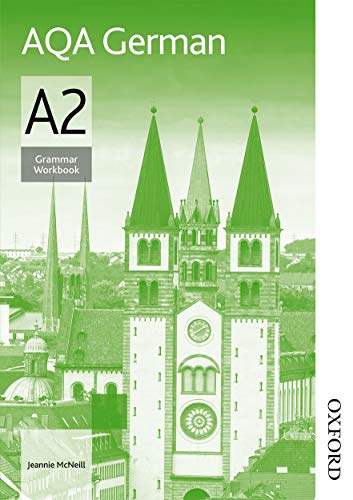

I just find it a great resource for making decisions about which word is most effective in conveying what I want to communicate to my audience. The author is very well respected as a kind of arbiter of effective written communication. It is very carefully organised and prepared. Garner’s Modern American Usage just has this weight of authority to it. There’s an array of books that fill this niche in England the O xford English Dictionary might be the equivalent. This grammar book is the closest thing Americans have to a national authority. The first book on your list is Garner’s Modern American Usage by Bryan A. Let’s look at some of these issues in more detail as we go through the grammar books you’ve chosen. Garner's Modern English Usage (5th edition) It might be better just to use another word. There’s a term for these words, which is ‘polyseme.’ The problem is that people may not understand which meaning you’re using, so why use it? At best, you can provide context in the sentence so that it is obvious which one you mean, but if you are trying too hard to provide a context, then you are just getting bogged down. Words like ‘disinterested’ or ‘fulsome’ can now mean two things. There’s an awkward transitional stage for some changes, at least in the timescale of one’s lifetime. But many people do now use it to mean ‘uninterested.’ When do we accept a word as having acquired a new meaning? What’s the difference between the evolution of language and a mistake? For example, a word like ‘disinterested.’ At school I was taught that this meant ‘unbiased’ and that to use it to mean ‘uninterested’ was a mistake.

The consequences for a writer are that people may not understand you, and your message will not be communicated, and then you fail. I welcome breaking rules if you have a good reason to do so, but if you break rules prepare for the consequences. My job, as an editor, is to maintain those standards. That said, we need to maintain some degree of standards if we are to communicate effectively with each other. Even if we had an Académie française for English-some governing body for what you should and should not do in English-it would rebel against any authority. That was an interesting experience, being near the epicentre or birthplace of a neologism.īut my feeling is that language is alive and we don’t really have any control over it. It’s basically an intensifier based on ‘hell of a’ and it is used in phrases like, ‘Oh, that was hella cool.’ I wrote about how I was interested because I live in the San Francisco Bay Area, near where that word was born. I’m not sure if you are familiar with this term in England?Ī lot of people in the United States aren’t either. I just wrote a post about the fact that the word ‘hella’ has been added to Merriam-Webster’s Dictionary. It’s interesting because I am very conservative in some respects, as far as language and usage is concerned in writing, but I also tend to welcome linguistic innovation. Taking a step back, does it actually matter, getting that kind of detail right? I gathered from the post that people generally capitalise too often. That led me to your post, on Daily Writing Tips, about when to capitalise animal and plant names. We’re talking about grammar books today, but I originally got in touch with you because I was editing the word ‘Pitmaston Pineapple apple tree’ in one of our interviews.

Foreign Policy & International Relations.


 0 kommentar(er)
0 kommentar(er)
